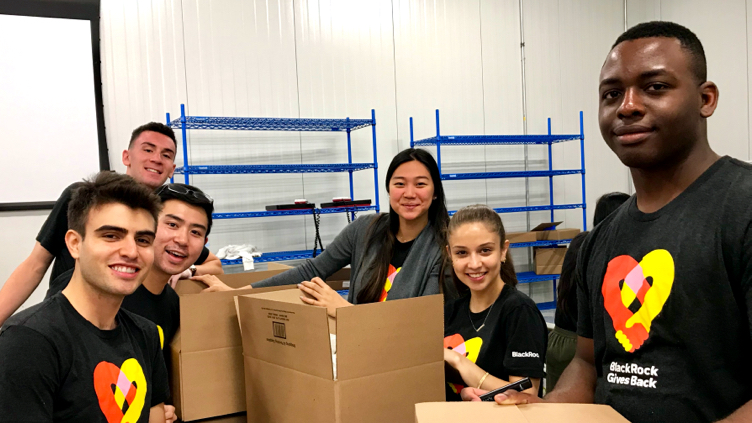BLACKROCK INVESTMENT INSTITUTE
Mega forces: An investment opportunity
Mega forces are big, structural changes that affect investing now - and far in the future. This creates major opportunities - and risks - for investors.
BLACKROCK SUSTAINABILITY

BlackRock’s Emergency Savings Initiative brings together partner companies and nonprofit financial health experts to make saving easier and more accessible for low- to moderate-income people across the US and UK.
Breakthrough Energy Foundation Announcement Video
RO: 1833930
Philanthropic capital can help accelerate the availability of clean energy technologies.
That’s why The BlackRock Foundation is giving $100 million to Breakthrough Energy’s Catalyst program to finance innovative solutions that combat climate change.
Our commitment will help develop four clean energy technologies: direct air capture, green hydrogen, sustainable aviation fuel and long-duration energy storage.
Breakthrough Energy Catalyst believes that with significant investments in green innovation, the market at scale can make green tech more affordable and help reduce gigatons of CO2 from the atmosphere every year
The BlackRock Foundation is committed to helping people build financial well-being and promoting an inclusive transition to a low-carbon future.
To learn more about Breakthrough Energy Catalyst, visit blackrock.com/breakthrough
The BlackRock Foundation
Through The BlackRock Foundation’s $100M grant, we are helping to accelerate the affordability and availability of clean energy solutions.

